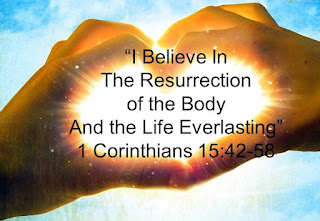In the beginning, God created the heavens and
the earth. The earth was without form and void, and darkness was over the face
of the deep. And the Spirit of God was hovering over the face of the waters. (Genesis 1:1-2 ESV).
While reading the first chapter of Genesis I was taken back to my childhood when I often found myself roaming the beaches of Galveston. I must confess that these times were not sanctioned by my parents, but living a mere ten blocks from the beach was too much of a temptation not to hop on my bicycle and roam the sands. There were times when I actually had a plan, though most of the time I simply enjoyed watching the waves roll in and the ever-present gulls float through the air looking for something to eat. Sometimes I would sneak away with some bread or crackers to lure them in closer by tossing crumbs in the air just to watch them drop from the air to swoop in and capture the morsels before they hit the ground.
Perhaps you have done something similar.
They seem to just hang in the air over the waves, even with the wind blustering
and the waters roaring. They still soar
calmly over the rough ocean. Perhaps it is a result of their constantly flying
in that environment, or their strength and skill. Either way, it is amazing to
see their control. They just hover in the air watching and waiting.
That image of hovering over turbulent
waters is how the Bible first describes the Spirit of God. The word for
“hovering” indicates a high degree of care, even concern, in its action, and it
is unmistakably linked to the behavior of protective birds that brood over
their nests, guarding and keeping their clutch warm and safe as it develops.
The Holy Spirit, in his protective love, hovers over the surface of the
unformed deep.
The story of creation in Genesis was
given to God’s people at a time when other stories about the beginning of the
world were filled with themes of violence and chaos. Into that unsettled
situation, the Genesis story came as a gift that revealed God’s purposeful,
loving intention to make all things good and beautiful. At the time, it would
have sounded far different from the other creation stories. And because love
and goodness are at the center of this story, it continues to invite people to
know God as the loving, protective Creator that he is. As we’ll see in the next
few days, many other passages in the Bible also teach us something about God
through the imagery of birds. I hope you will be encouraged with this approach
each day. He does indeed “hover” over us!







